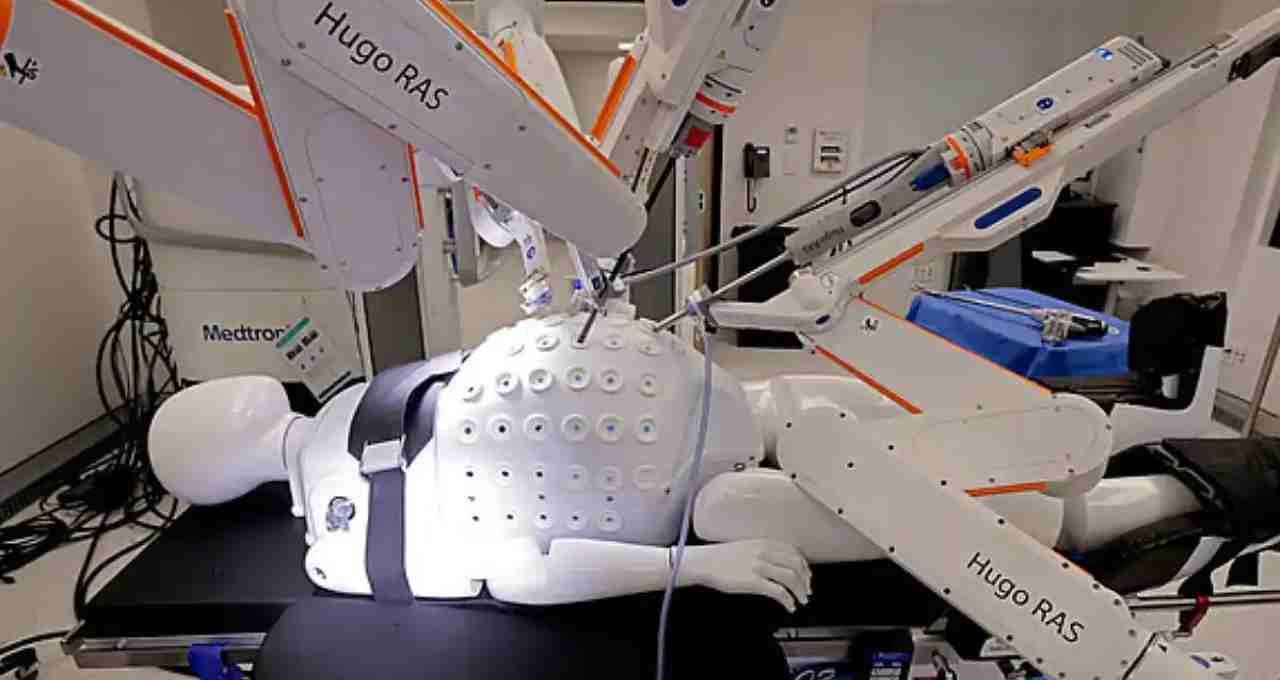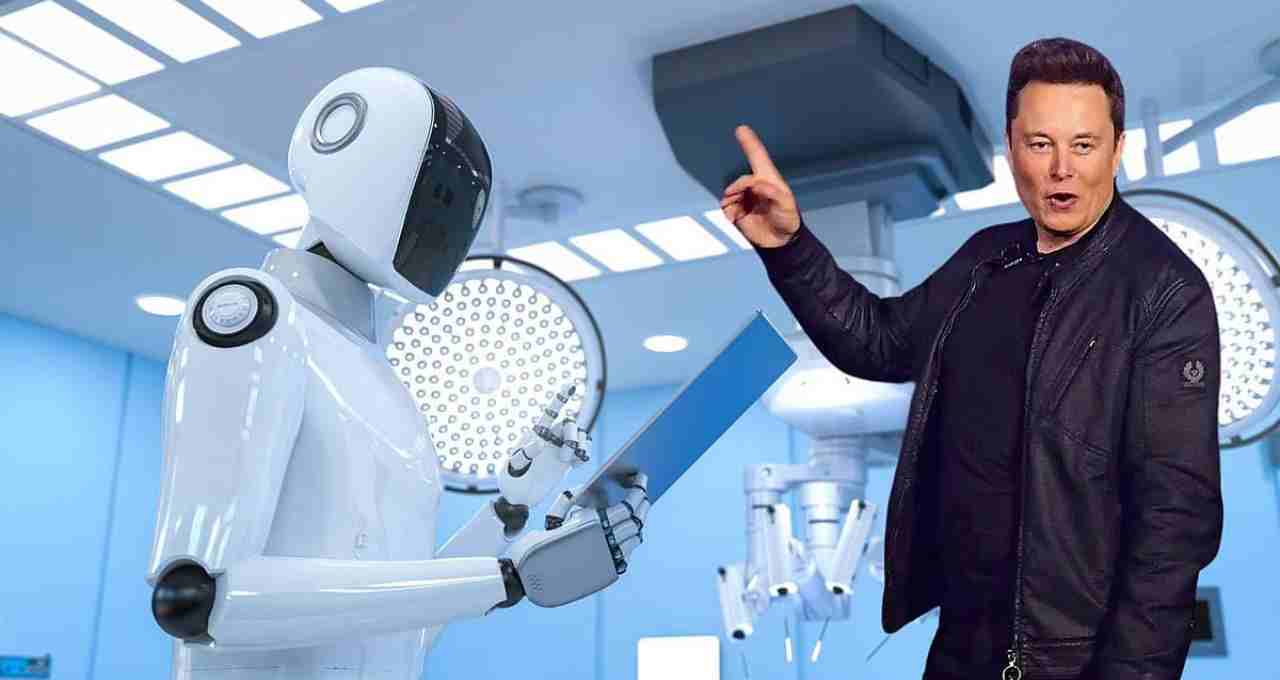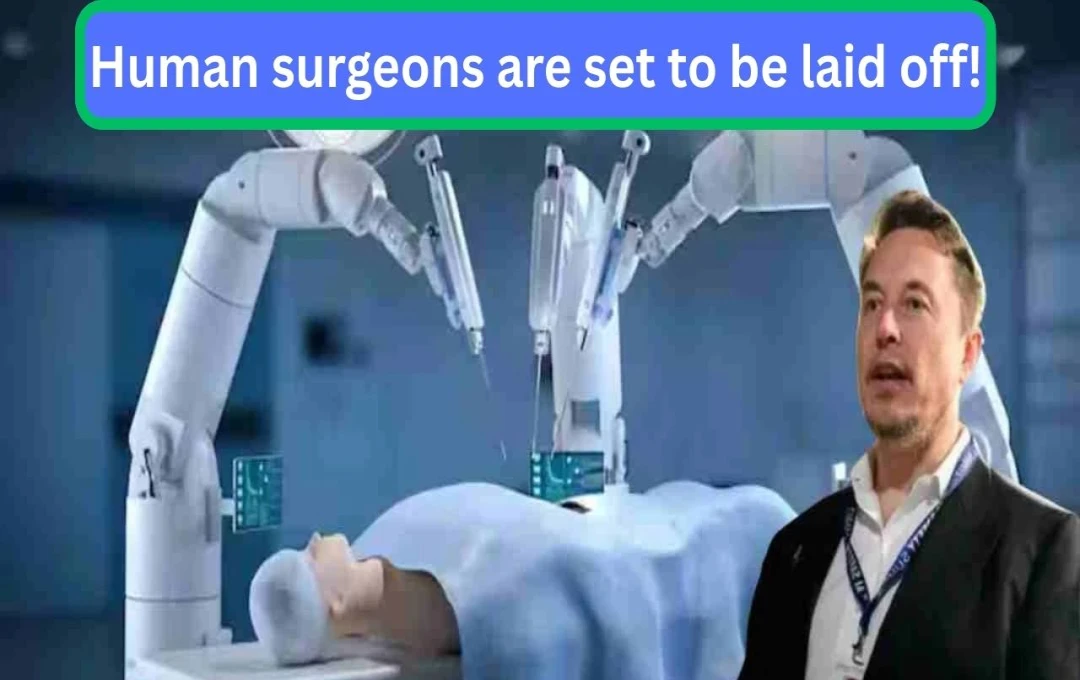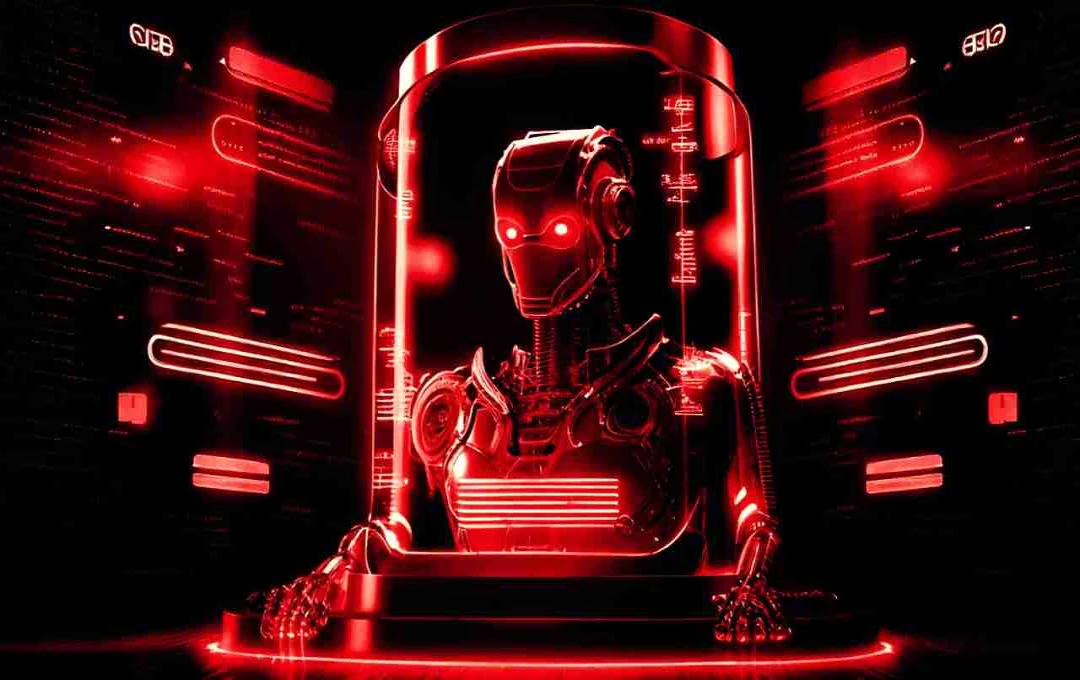Artificial Intelligence (AI) is no longer confined to data analysis and coding; it is gradually making inroads into highly specialized fields such as healthcare.
Elon Musk: The age of Artificial Intelligence (AI) and robotics is extending beyond data analysis and coding, impacting highly specialized fields like healthcare. Technology mogul Elon Musk made a startling revelation about this shift, causing ripples in the medical world.
Musk believes that within five years, robots will surpass human surgeons in skill, a technological advancement that could revolutionize surgery. Elon Musk made this comment on the social media platform X (formerly Twitter) in response to a post by Mario Nafal. Musk stated, "In a few years, robots will surpass good surgeons, and in five years, the best surgeons." This statement came in the context of a Medtronic report highlighting the success of the Hugo robotic-assisted surgery (RAS) system.
Hugo Robot's Success
Recently, Hugo demonstrated impressive performance in complex urinary surgeries. The report indicates Hugo performed 137 surgeries, including complex procedures on the prostate, kidney, and bladder. The success rate was 98.5%, exceeding expectations. This success rate significantly surpassed the initial target of 85%. However, conventional surgery was used in a few cases, one due to a machine malfunction and another involving a complex patient.

Robotic surgery is no longer experimental. Its presence in operating theaters is becoming commonplace, setting new standards in the medical field. However, Musk clarified that robots are not entirely replacing human surgeons, but their role in medical practice is becoming increasingly supportive and crucial.
Neuralink and Robots' Contribution to Surgery
Elon Musk, through his company Neuralink, utilizes robots to implant brain-computer interface (BCI) chips into the human brain. Musk claims this type of precise and rapid surgery is impossible with human hands. Neuralink has initiated these trials, specifically on patients with paralysis, using the R1 robot.
The R1 robot implants extremely thin 64-electrode threads with high precision in just 15 minutes. These threads are thinner than human hair and help wirelessly record and transmit brain signals. Musk asserts that this level of precision and speed is unattainable with human hands, highlighting the potential of robots in future surgeries.
The Future of Robotics in Healthcare
Musk's revelation has raised questions about the future of robotics in healthcare. If robots can perform surgery with such precision, will human surgeons become obsolete in the future? This question has become a topic of discussion among experts. While it is premature to declare the complete replacement of human surgeons by robots, the impact of AI and robotics is undoubtedly poised to significantly transform the field of surgery.
In the coming years, robots can make medical procedures more efficient, precise, and faster, while also reducing human error during operations. They may also possess smart decision-making capabilities, leading to improved patient outcomes.

Challenges and the Future
While the benefits of robotic surgery are clear, certain challenges exist. Firstly, will surgeons and patients be receptive to these technological advancements? Furthermore, the cost of robots and equipment may pose a barrier, making them inaccessible to all hospitals.
Another challenge involves robots' ability to understand human emotion and judgment. While they can perform physical tasks with the highest precision, can they replicate human empathy and intuition?














